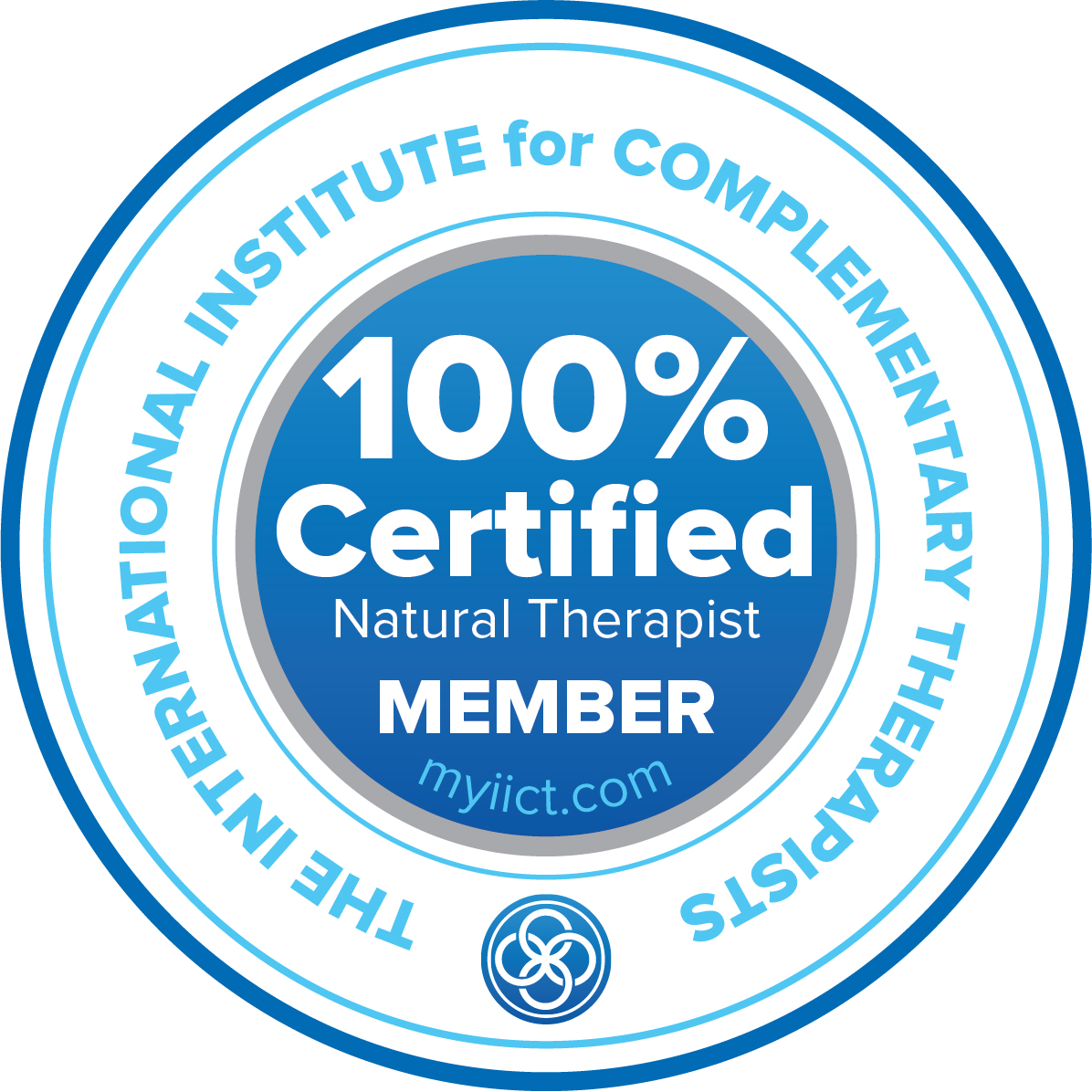For my latest articles and special offers, subscribe to Jess Ang's Intuitive Updates here.
21 Lessons from 2021

December 2021
Here are some lessons I’ve taken away from 2021:
1) Done is better than good. This is another way of saying to aim for progress, not perfection. Taking no action can seem safer than doing something poorly, but it’s so dissatisfying! A coach once told me that his very successful father used to tell him: “When all is said and done, more is said than done.” In other words, many of us will talk about what we want to do rather than just get cracking and do those things. “Done is better than good” was like a mantra for me earlier this year, without which I would never have finished creating the Clear Channel Course, or lesser tasks such as posting my recent audio recording about You Crazy Vegan.
2) Surrender to the natural timing of things, when required. There’s a fine line between having a healthy level of perseverance, and the futility of pushing against the flow. The latter is not recommended (except for those who relish fighting an uphill battle).
3) Physical pain is both a bitch and a great teacher. It forces me to slow down and listen to the body’s wisdom.
4) Sometimes the best thing to do for work is to take a sabbatical away from work. Chances are good that I’ll come back with more energy, creative ideas, and enthusiasm.
5) Being good at something doesn’t mean I’m obligated to do it. This has helped me to say no to things that in the past I would have felt obliged to say yes to.
I used to practice aikido with a guy whose parents told him that he couldn’t quit piano lessons until he could play really well. Their obvious intention was for him to become so good that he wouldn’t be able to resist continuing to play. He knew himself well enough that once he got to the level where he was a “pro” and even performing in front of audiences, he happily and immediately stopped what he’d become so incredibly good at, even though others thought it was such a shame.
It’s crazy how often we feel compelled to do what we’re good or talented at, even if we don’t enjoy doing it. This year it really dawned on me that it’s not such a shame at all if I lose a skill through lack of use, or if a talent gets “wasted”, if I don’t care to engage that particular skill or talent. There are plenty of other things to do.
6) Prioritise one thing at a time – this is more effective than trying to do multiple things or work on various projects simultaneously. This lesson was actually taught to me years ago by a woman who I met up with for coffee, but I’ve only recently begun to fully grasp and follow it.
She had asked me to write down the first letter of the alphabet followed by the number one, then the second letter of the alphabet followed by the number two, and so on, until I reached the letter “z” and the number 26. She timed me, and demonstrated that I was much slower when alternating between writing letters and numbers, as opposed to writing down only the alphabet from a-z, or only numbers 1-26. (I don’t remember what my actual times were back then, but I repeated this task today and timed myself. I wrote the entire alphabet in 9 seconds followed by numbers 1-26 in 15 seconds, making it 24 seconds in total. When I alternated between letters and numbers, it took me almost double the time, 42 seconds to write the same letters and digits).
That’s what happens when you focus on too many life areas or projects at once, she explained. It not only doesn’t save time, but also takes more time. Better to concentrate on one thing at a time.
7) Bizarre instructions received through intuitive guidance can lead to a crisis of faith and reduced trust in intuition. If I decide to take a leap of faith and surrender to the guidance anyway, what may appear to have been a bizarre intuitive instruction often turns out to be the most awesome possible advice I could have received.
8) When the practice of surrender leads to an improvement in my internal experience and/or outer circumstances, it often creates a burning need to become controlling again to keep things as great as they are. Don’t fall into that trap. Continue to surrender to intuition. The act of surrendering during tough times can be a lifesaver, but to continue surrendering when things are good can lead to an amazing life.
9) This overlaps with the two previous lessons: It’s not easy to practice what I preach about intuition when it clashes with logic, especially when the intuitive guidance is about making a major decision (like moving home) and the stakes are high. However, I now find that it’s harder to ignore or dismiss my intuition than it is to just follow it, because of the potential for regrets and the frustration of never finding out where it might have led. This in itself is often worth the gamble of following intuition, so I never have to ask, “I wonder if I had …?”
10) Sunrises are absolutely glorious to watch, every time. I am enjoying one now as I write this from my new home (with its fantastic view of sunrises) that logic almost talked me out of moving in to.
11) Say what I want to tell my loved ones, and do what I’m thinking of doing for them, without delay. You never know when a person may be struck by serious illness or death. (Technically this was a lesson from 2020, but it was repeated again this year).
12) In 2020 I was open to the possibility that there’s a gift to be found in most situations. In 2021 I’ve come to believe there is a gift in all things. This does not necessarily make it easier to see the gift at the time of the challenge, problem, or whatever package the gift comes in. Even if we can’t always guess what gift is hidden beneath its wrapping, we need to trust that it is there in some form or another, waiting to be revealed.
13) Complaining is easy to do, hard to stop, very contagious, and usually a waste of time (when defined as the act of expressing dissatisfaction with the main purpose being to vent, rather than take action to change the situation or your experience of it).
A change of attitude is more effective than summoning sheer will power to stop complaining. If I consider the possibility that words have a certain power to them, if I take 100 percent responsibility for my life, and if I see other people as extensions of myself (they are, in a way), then it doesn’t make sense to complain. Better yet, if I treat things as less concrete and more like they’re part of a dream, this can lead to a clearer perspective and less indulgence in negative emotions (as well as an increased likelihood of having a lucid dream at night, which is fun!).
14) I have a long way to go in the attempt to become more aware during the day and to lucid dream (i.e., become “awake” to the fact that I’m dreaming) at night, but the journey towards greater awakening can be enjoyable in itself. Becoming a tiny bit more awake is better than nothing, even if it’s not complete enlightenment. As stated under lesson 1, aim for progress not perfection :)
15) Optimism can be embraced and proudly owned, rather than dismissed as foolish. I’ve previously felt embarrassed about my optimistic attitude, like it should be hidden in case I’m perceived as naïve or super annoying. This year I’ve chosen to be more open about my optimism and joy when I feel it. Remember, research suggests that optimists enjoy a better quality of life, even if they’re wrong about how good it is.
16) As much as I’ve tried to resist this fact, horror movies are not good for my mental health, and that probably isn’t going to change. I was even frightened at times during the Scary Movie comedy film series, that’s how bad I am. Actually, here’s an even better example of how bad I am: After feeling coerced years ago by my boyfriend to watch The Shining, I was too afraid to go pee by myself. “This is your fault!” I told him after the movie ended, as he was forced to escort me to the bathroom.
I agreed to watch a horror movie on 31st October to celebrate Halloween, but bailed just in time to avoid inevitable sleep disruption and/or nightmares, and likely saved a substantial amount of time that would otherwise have been spent on Tetris, see the following lesson …
17) Despite finally accepting lesson 16 this year (I had always hoped that exposure therapy and viewing multiple horror films might help me to become brave enough to watch anything), I am often tempted to watch a scary movie anyway. They can be thrilling. Well, turns out that if I want to take that risk, then playing Tetris is a fantastic way to minimise any distress caused by witnessing scenes of violence or horror (it’s also evidence-based – just do an internet search using the words ‘Tetris’ and ‘trauma’).
18) It’s not always enough to say that I’m an intuitive without further clarification. People don’t necessarily know what being an intuitive means.
19) The goal-setting bug hit me again this month. I do believe that setting goals, daily intentions, and new year’s resolutions is better than not aiming for anything (which guarantees that you will end up conforming to others’ expectations of you, or helping someone else to achieve their goals). Still, compared to the goal of surrendering to inspiration, I’ve learnt that typical goal-setting is no match.
I love this quote that I read in a story about the Tibetan saint Milarepa, which kind of captures this idea: “Renounce all worldly goals and you will reach the highest goal.” Again, if you’re not aiming to consciously surrender your life to your intuition, a higher power, or whatever you believe in, and if the alternative would involve drifting aimlessly or functioning on autopilot, then setting goals can be a very powerful practice and an extremely good idea.
To honour my recent urge for goal-setting, I’ve decided to set some new year’s resolutions and goals for 2022. I’ve learnt that it’s okay to set goals, as long as I don’t get so attached to them that I ignore my intuition, if and when it leads me to do something different (which it no doubt will)! This lesson reminds me of the Old El Paso TV ad depicting an argument over whether hard tacos or soft tortillas are better: “Why not both?”
Why not set some goals, while still holding the aim of following intuition as one’s overarching goal?
20) Being kind to my future self means planning to be early and preparing for things in advance. This might involve preparing my breakfast the night before, chopping vegetables for an upcoming meal, choosing what to wear prior to the time I have to walk out the door, and getting ready for bed before I get sleepy. I knew a colleague who said she used to have a shower and get in her pyjamas straight after arriving home at 4.30pm. Although it sounded excessively early when I first heard her say this, I now see the appeal.
Advanced preparation and planning to be early for anything used to feel like a waste of time. I would always intend to be on time, which is a sure recipe for being late at least occasionally. Dad once advised me to arrive at the airport two or three hours early, to account for things that may go wrong, and because even if you’re early, the time passes quickly anyway. He told me that you can sit down and have a meal, or browse the shops, read a book, relax on a chair, and you’ll hear the announcement to board your flight in no time. He was right. Aiming to be on time at the airport has always led to unnecessary tension and, on one occasion, missing a flight. It occurred to me this year, if preparing to be early allows for a better experience at the airport, then why not for everything else as well?
I used to feel a subtle pinching sensation in my gut even when I thought I was on track to get somewhere on time. The sensation would rise exponentially to become a heavy knot in my stomach if anything unexpected occurred – a traffic jam, for instance, or a bus breaking down – that would increase the likelihood of being late. When I’m early, there’s no pinching, no knot, no discomfort in my belly. I’ve discovered that my belly seems to like it when I’m early for things.
We always become our future selves at some point, and we can either feel immense gratitude for our past self for allowing things to run more smoothly and making our day a little easier, without having to rush, or we can reap the consequences of our past self who didn’t want to ‘waste’ time preparing to be early.
21) If the urge to sleep arises, then go to bed. Stubbornly struggling to stay awake for an extra half hour or so will result in lower productivity and energy levels the following morning or entire day (or longer, if the need for rest continues to be ignored).
To sum up, my 21 lessons from 2021 are:
1) Done is better than good.
2) Surrender to the natural timing of things.
3) Physical pain is both a bitch and a great teacher.
4) Sometimes the best thing to do for work is to take a sabbatical away from work.
5) Being good at something doesn’t mean I’m obligated to do it.
6) Prioritise one thing at a time.
7) What may appear to have been a bizarre intuitive instruction often turns out to be the most awesome possible advice I could have received.
8) Continue to surrender to intuition.
9) I now find that it’s harder to ignore or dismiss my intuition than it is to just follow it.
10) Sunrises are absolutely glorious to watch, every time.
11) Say what I want to tell my loved ones, and do what I’m thinking of doing for them, without delay.
12) There is a gift in all things.
13) A change of attitude is more effective than summoning sheer will power to stop complaining.
14) Becoming a tiny bit more awake is better than nothing.
15) Optimism can be embraced and proudly owned.
16) Horror movies are not good for my mental health, and that probably isn’t going to change.
17) Playing Tetris is a fantastic way to minimise any distress caused by witnessing scenes of violence or horror.
18) People don’t necessarily know what being an intuitive means.
19) It’s okay to set goals, as long as I don’t get so attached to them that I ignore my intuition.
20) Being kind to my future self means planning to be early and preparing for things in advance.
21) If the urge to sleep arises, then go to bed.
Now if you’ll excuse me, I must go rest after having been bombarded with these 2021 lessons in my mind at such an unearthly, pre-sunrise hour.
Happy New Year for 2022!
Click here to receive new articles by email
<-- Previous article Next article -->






